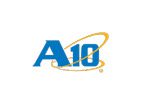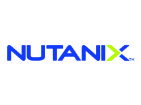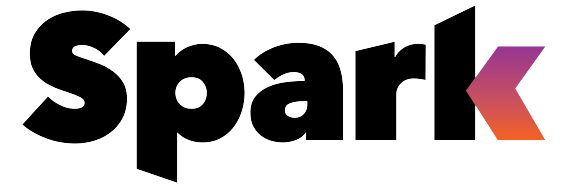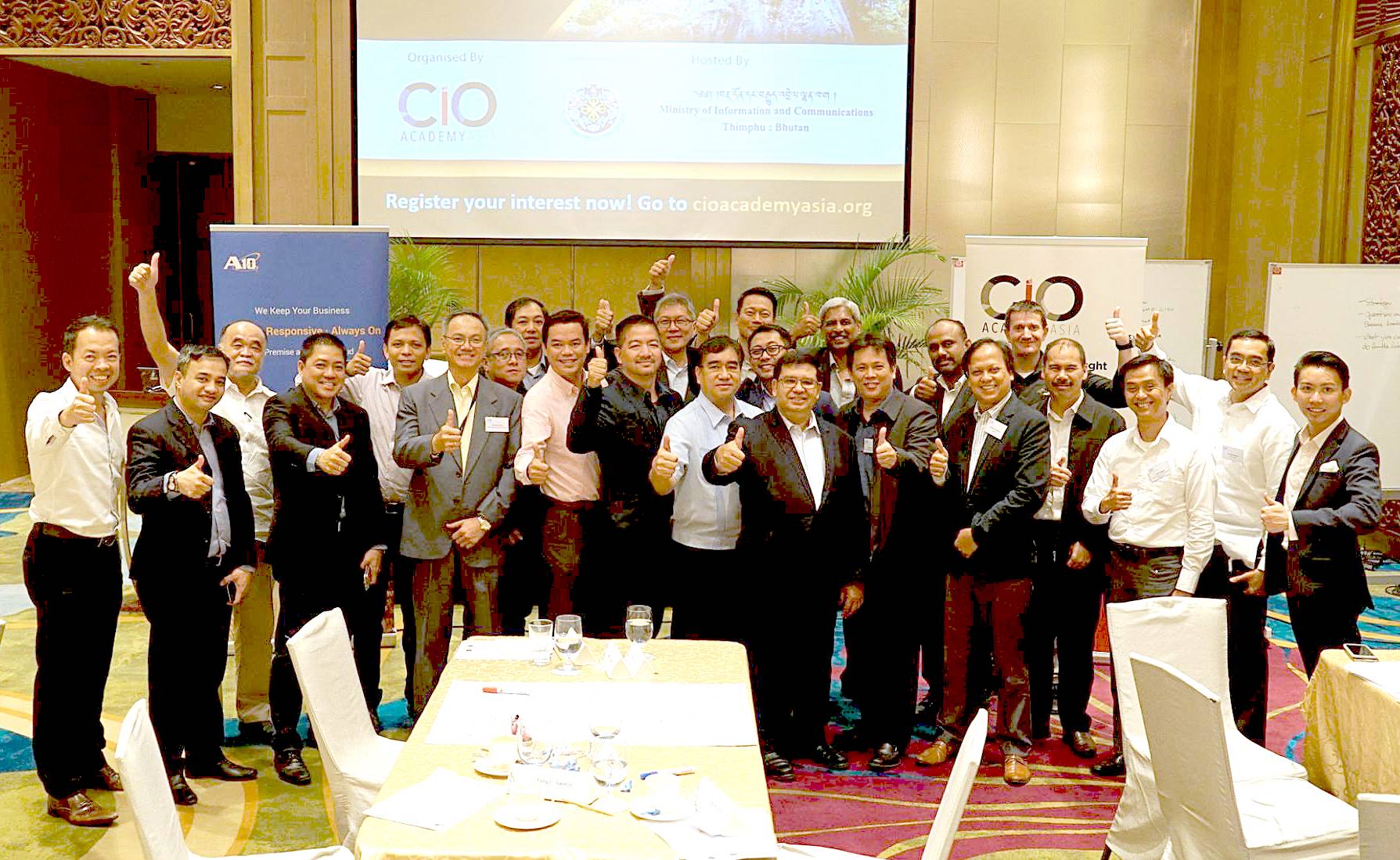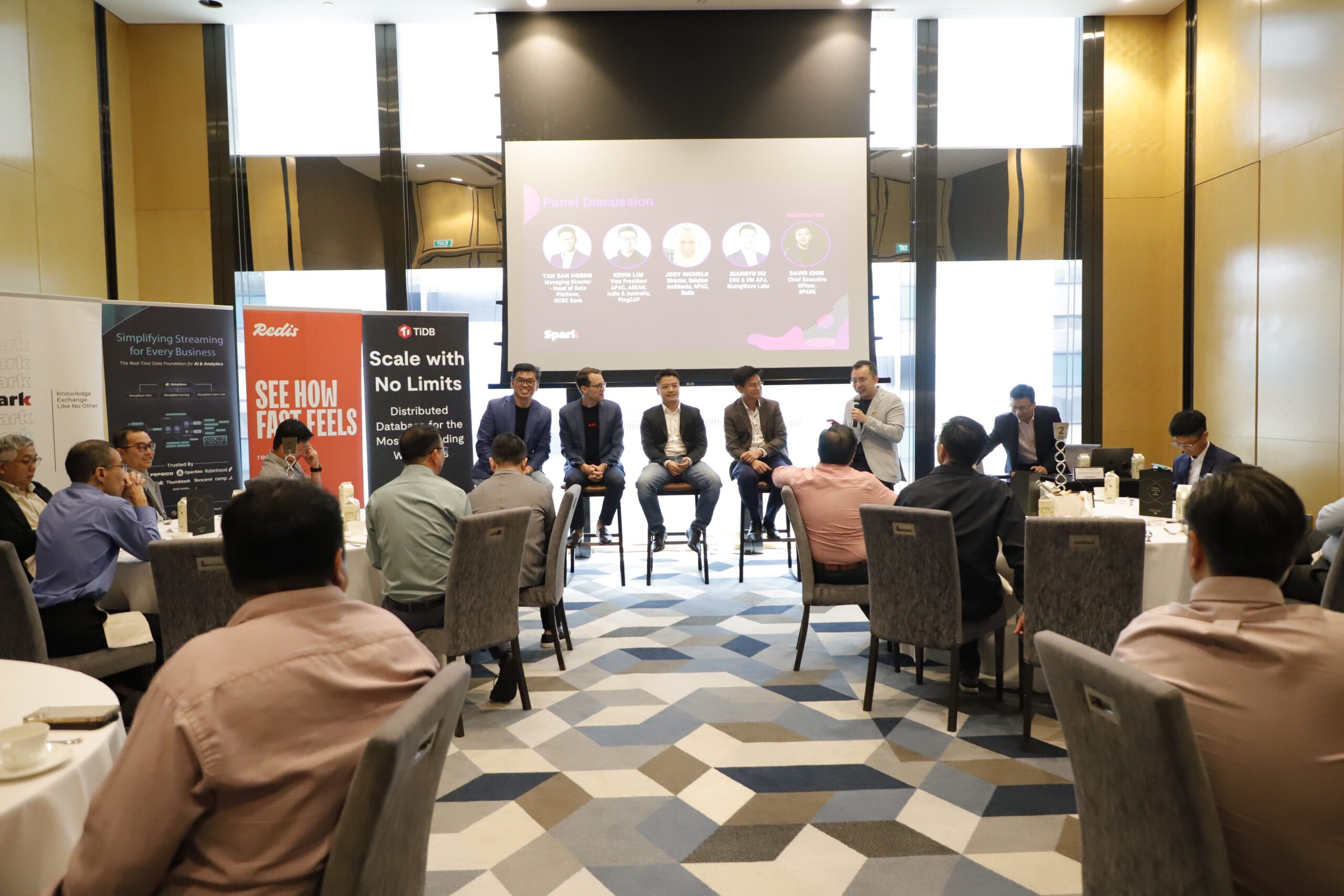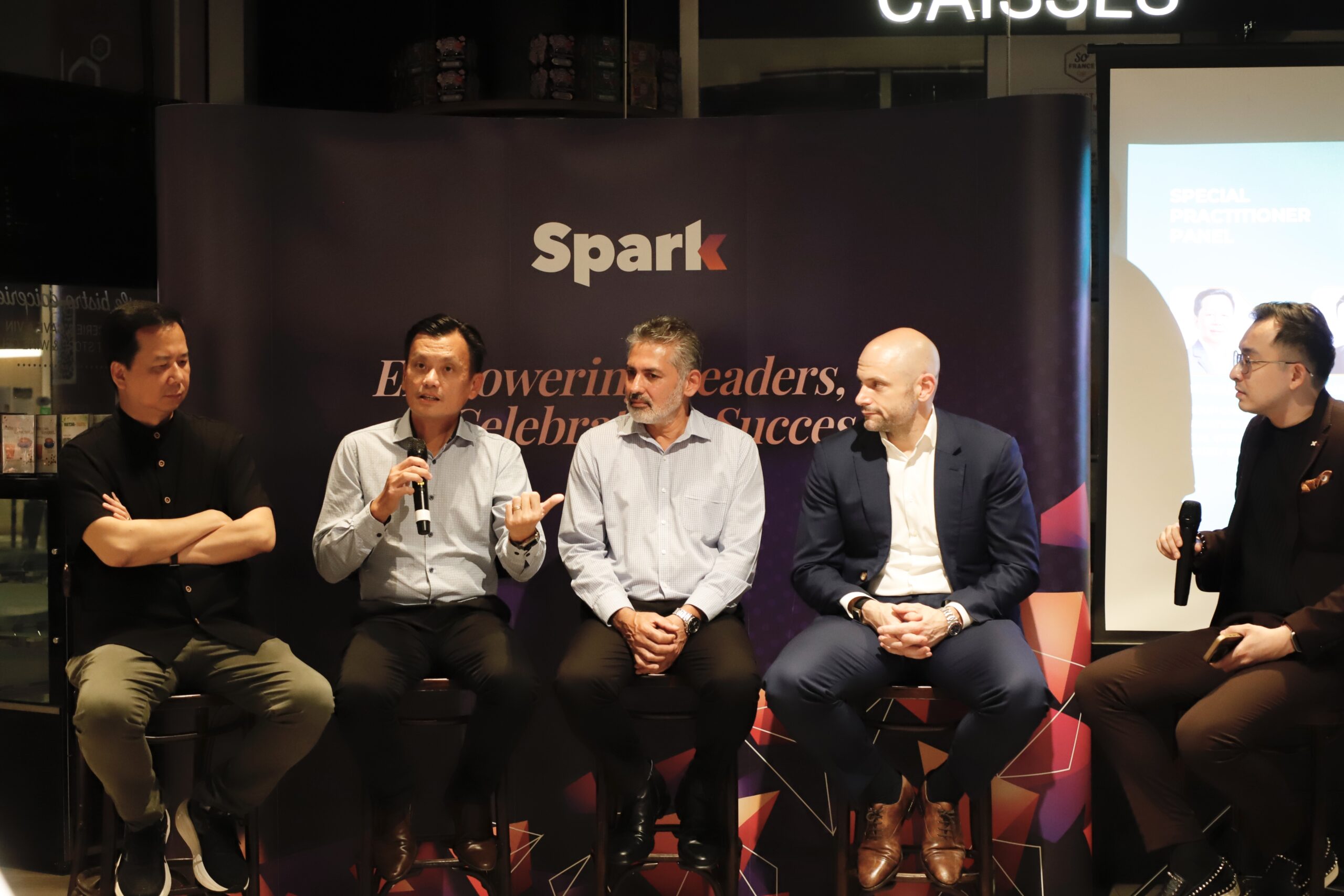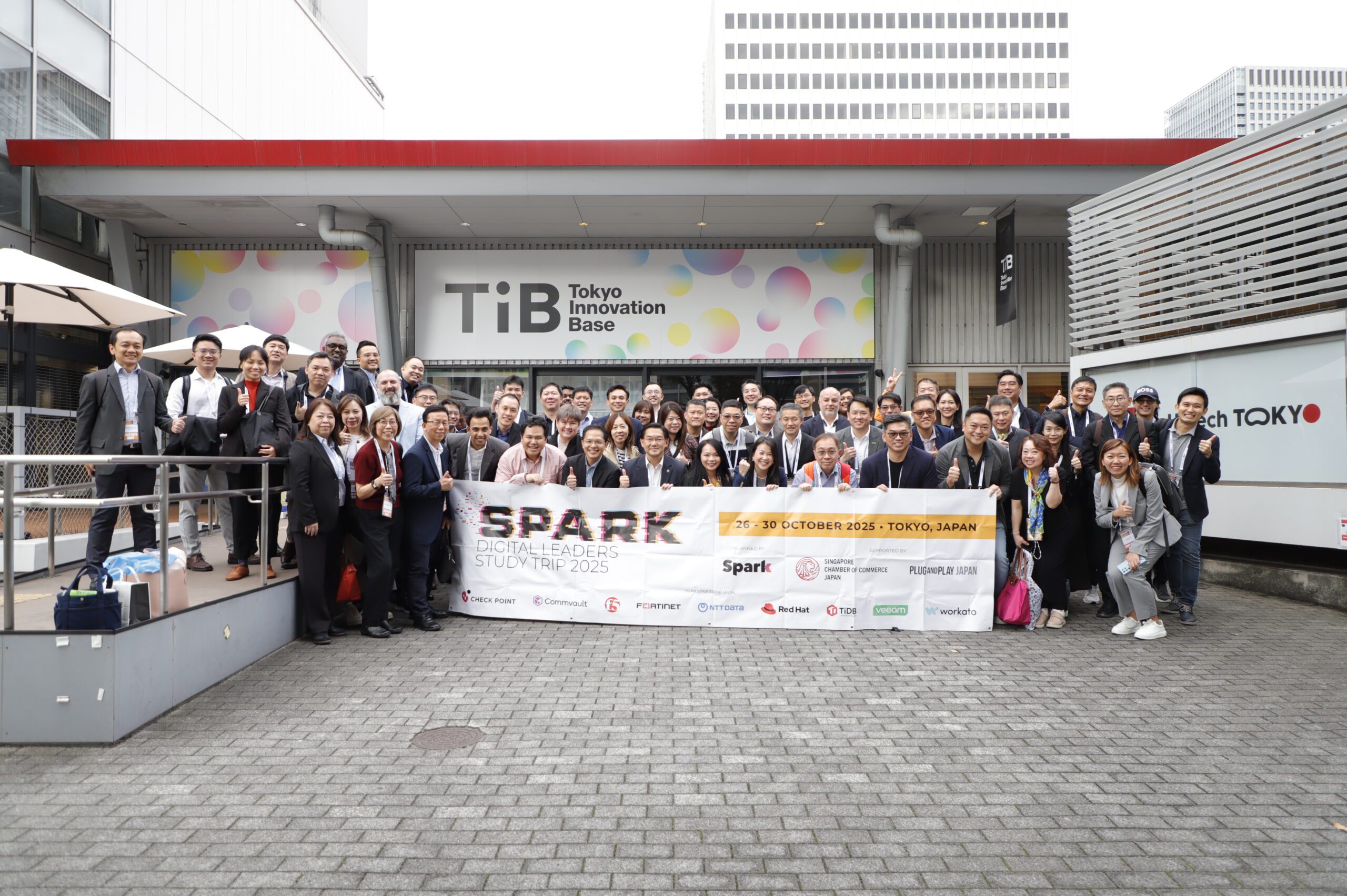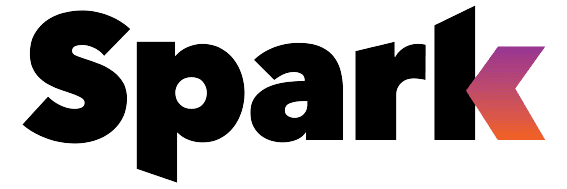14 April 2016
IT is undoubtedly central to creating value and therefore continues to account for a rising share of total investment. But defining, measuring, and maximising that value remains elusive. A study involving global CIOs showed that successful companies used IT to gain competitive advantage for their businesses. Analysing their approaches to IT helps to show how it can promote economic performance.
A key takeaway of the study is a call for CIOs to broaden their scope of action by adopting new levers, roles and governance practices that go beyond the purely technical and traditional IT capabilities.
While traditionally a CIO’s main responsibility has been using standard practices and performance measures to maintain IT’s asset value, CIOs must take on new roles – bridging functional silos – that may take them beyond their comfort zones. They will need to collaborate with executives in business units to work on major transformation projects, to coordinate strategic planning, or to manage investments collaboratively.
30 CIOs contributed their knowledge on what Value means during the workshop on managing value in IT. Burning questions like how IT and business should adopt a collaborative approach, grow mutual understanding and navigate shortening business cycles were discussed.
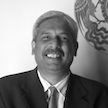
P. Ramakrishna has been involved with the ICT domain for the public sector for more than 30 years. He was formerly with Singapore’s Infocomm Development Authority (IDA), his last held position was Director of IDA’s Industry Development, responsible for national level initiatives to develop the ICT industry ecosystem.

Tiong Gee has over 30 years of experience in the Information Technology sector and in Strategic Human Resource management.
Mr Ng was the Chief Information Officer as well as the Chief Human Resource Officer of United Test and Assembly Center Ltd from 2008 to 2013. An accomplished C and Board level executive with proven success in building and leading high performance teams across multiple geographies, Ng has proven himself as a strategic thinker that is versatile in playing multiple roles at large and small corporations.
Mr Ng holds a Master of Business Administration from Nanyang Technological University of Singapore, and also attended the Advanced Management Program at the Harvard Business School.

Michael Bertrand specializes in executive and agile leadership coaching with over 15 years of international experience. He works with experienced leaders globally (Australia, Canada, Singapore, Hong Kong and India) and been at the forefront of business transformations in Asia for large international corporations.
His approach is very often pragmatic, curious and will not hesitate to challenge the ‘status quo’, allowing teams to build complex products with highest quality possible in an environment that promotes team autonomy, mastery and purpose.
As a proliferate Management 3.0 facilitator, Michael has conducted private and public training in many industries (including banking, television, aviation, telecommunication, logistic, human resources, etc) for Agile Project Management, Agile Fundamentals, Scrum, Kanban, Scrum Master, Product Owner, Team Dynamics, amongst many other topics, and has spoken at the Agile Tour Singapore and Vietnam recently.
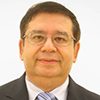
Sushil has over 35 years’ experience in the IT industry since 1979. He is credited with bringing key IT industry leaders such as SAP to Asia via the establishment of a regional office in Singapore.
Sushil is a strong proponent and authority in the Governance of Enterprise IT (GEIT) and a recognized pioneer in the fields of IT Value through his work creating ISACA’s Val IT 2.0 framework in 2008, and his authorship of the ISACA practitioner’s guide COBIT 5 for Business Benefits Realization.
PARTNERS
